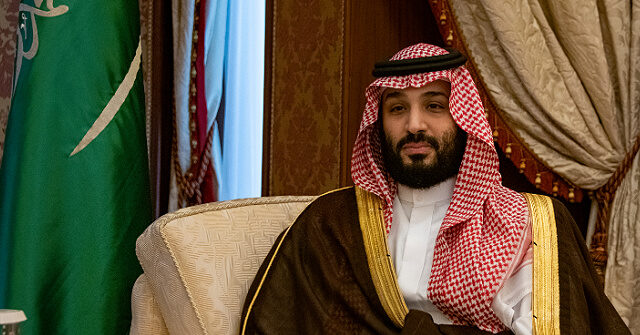The status of Saudi Arabia’s membership in the BRICS coalition—a group initially comprised of Brazil, Russia, India, China, and South Africa—is currently uncertain, according to statements from the Russian government. Kremlin spokesperson Dmitry Peskov emphasized that Saudi Arabia has not officially joined BRICS, contrary to earlier claims made by an aide to Russian President Vladimir Putin. This clarification comes as the upcoming BRICS summit in Kazan, scheduled for October 22, approaches, with expectations set around Saudi Arabia’s potential role and representation at the event. The confusion surrounding Saudi Arabia’s membership status is compounded by previous unchallenged announcements from official Saudi sources that indicated the country had started its membership period.
The BRICS coalition has expanded to include several new invitees including Iran, the UAE, and Egypt as part of a broader initiative to create an alternative to the Western-led global order. While other nations accepted their invitations, Argentina declined to join under the new administration of President Javier Milei, leaving the status of Saudi Arabia in limbo. Reports indicate that Saudi officials were still deliberating their acceptance of BRICS membership as of early October, with additional insights suggesting that the decision was still being reviewed. The South African Ambassador to Russia highlighted that Saudi Arabia had yet to endorse its membership, pointing to internal processes still underway within the country.
Amid ongoing discussions, it has been noted that, while the BRICS summit typically attracts national leaders, Saudi Arabia may opt to send its Foreign Minister instead of Crown Prince Mohammed bin Salman. This development signals a reluctance to fully commit to BRICS at this time, with reports suggesting that Riyadh continues to evaluate the invitation despite earlier indications of acceptance. The ambiguity over Saudi Arabia’s position has led to increased scrutiny of the country’s motivations and its alignment within the geopolitical landscape, especially as it navigates the implications of its historical ties with the United States and the growing influence of the BRICS alliance.
The connection between Saudi Arabia and the U.S. has been frayed under President Joe Biden’s administration, especially after his candid admission to label the kingdom a “pariah” following the murder of journalist Jamal Khashoggi. Biden’s actions, such as delisting the Houthis—an Iran-backed group seen as a threat by Riyadh—have contributed to Saudi Arabia’s shift away from American influence. This change is evident in its attempt to foster closer relations with Iran, highlighted by a reconciliation deal brokered in Beijing earlier this year. Such moves indicate a strategic pivot by Saudi Arabia that directly impacts its foreign policy decisions, including consideration of BRICS membership.
As the U.S. continues to grapple with its approach to Saudi Arabia amidst significant geopolitical changes, speculation arises regarding the potential influence of future American elections on Riyadh’s decision-making. Observers have noted that the Saudi government may await the results of the 2024 presidential election before finalizing its stance on BRICS. This reluctance underscores the complexities of international relations in the current climate and reflects a growing interest among various countries in joining the BRICS coalition. Notably, several nations, including Venezuela and Turkey, have expressed intentions to pursue membership, each indicating a desire to align with an anti-Western bloc in response to perceived overreach from the U.S. and its allies.
With the situation continuously evolving, the upcoming BRICS summit in Kazan will be instrumental in shaping Saudi Arabia’s future role within the alliance. The interplay of these dynamics reveals the intricate balancing act that Riyadh must undertake as it assesses its position in a rapidly changing global environment. As more countries patiently await their opportunity to engage with BRICS, the implications of Saudi Arabia’s eventual decision will likely reverberate through the diplomatic landscape, determining not only its alignment but also the strategic direction of the BRICS coalition as a whole. Such developments are crucial as countries navigate the delicate waters of international diplomacy while seeking to assert their influence on the global stage.

